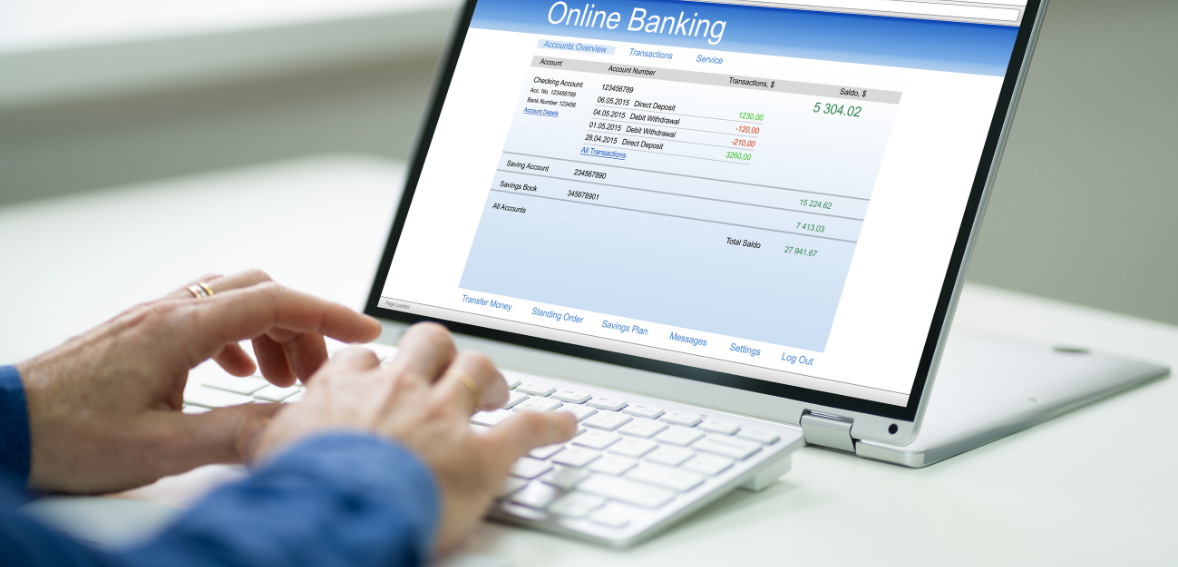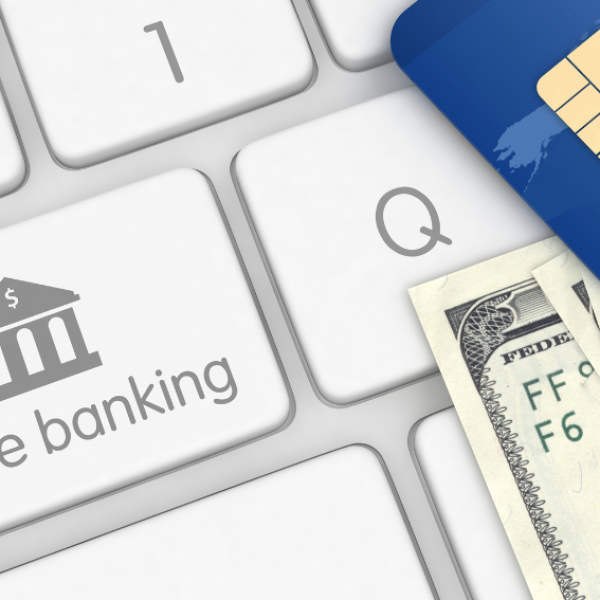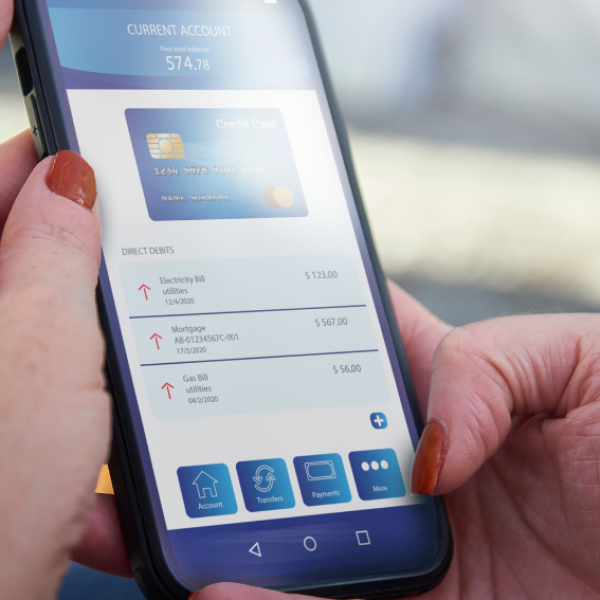Square is a popular payment processor known for its ease of use, quick setup, and flat-rate pricing. However, one common challenge faced by businesses using Square is funding holds. These occur when Square temporarily withholds a portion of your funds to mitigate potential risks, such as fraud or chargebacks. While this practice protects Square’s financial interests, it can disrupt cash flow and create frustration for merchants.
In this guide, we’ll explore six effective ways to avoid funding holds with Square, ensuring smooth payment operations and uninterrupted access to your funds.
In This Article
ToggleUnderstanding Funding Holds with Square

Funding holds occur when Square temporarily withholds a portion of your funds due to perceived risks or irregularities in your account activity. While these holds are designed to protect both Square and its users from fraud, chargebacks, and non-compliance, they can be disruptive to businesses relying on timely access to their payments. By understanding the common triggers for funding holds, you can take proactive steps to avoid them.
Here’s a detailed look at the key reasons why Square might place a hold on your funds:
1. Inconsistent Transaction Patterns
One of the most frequent causes of funding holds is irregular or inconsistent transaction behavior. Square monitors your account activity to establish a baseline for typical transactions. When your activity deviates significantly from this norm, it can trigger a hold.
Examples of Inconsistencies:
- A sudden spike in sales volume, such as processing $20,000 in a single day when your historical average is $5,000.
- Unusually high transaction values, such as processing a $5,000 payment when your typical transaction value is $100.
- A surge in refunds or reversals, which may indicate potential fraud or disputes.
Why It’s a Concern: These anomalies could indicate fraudulent activity or that your account has been compromised. Square uses funding holds as a precautionary measure while they investigate.
Pro Tip: Notify Square in advance if you anticipate changes in your transaction patterns, such as during a major sales event or product launch, to prevent holds.
2. High Chargeback Rates
Chargebacks occur when a customer disputes a transaction and requests a reversal through their bank or credit card issuer. While occasional chargebacks are normal, a high chargeback rate is a red flag for Square.
Common Causes of Chargebacks:
- Miscommunication or lack of clarity in refund and return policies.
- Fraudulent transactions, where a customer disputes charges they didn’t authorize.
- Unsatisfactory products or services leading to customer dissatisfaction.
Impact on Your Account: Frequent chargebacks not only result in financial losses due to fees and refunds but also signal to Square that your business may pose a higher risk. To mitigate their own exposure, Square may withhold funds to cover potential chargebacks.
Pro Tip: Implement clear refund policies, use fraud prevention tools like Address Verification System (AVS), and resolve customer disputes promptly to minimize chargebacks.
3. High-Risk Industries
Certain industries are inherently classified as high-risk due to their history of higher chargeback rates, regulatory scrutiny, or susceptibility to fraud. Square is cautious about processing payments for businesses in these sectors.
Examples of High-Risk Industries:
- Travel and hospitality: Prone to cancellations and disputes.
- Adult entertainment: Higher levels of fraud and chargebacks.
- Subscription services: Frequent billing disputes or cancellations.
Why It’s a Concern: Businesses in these industries face a greater likelihood of customer disputes, fraud, and regulatory compliance issues, making them riskier for Square to handle.
Pro Tip: If your business falls into a high-risk category, ensure your policies, documentation, and customer communications are airtight to avoid issues.
4. Policy Violations
Square has strict terms of service outlining acceptable account usage, prohibited activities, and items. Violating these terms can lead to immediate funding holds or even account suspension.
Examples of Violations:
- Selling prohibited goods or services, such as firearms, counterfeit items, or gambling-related products.
- Processing transactions for unrelated third parties, which is considered a violation of Square’s policies.
- Using Square for personal transactions rather than legitimate business purposes.
Why It’s a Concern: Policy violations expose Square to regulatory and financial risks. Holds are used to investigate potential breaches and mitigate exposure.
Pro Tip: Familiarize yourself with Square’s acceptable use policy and ensure that your business activities fully comply. If you’re unsure, contact Square’s support team for clarification.
5. Missing Documentation
Square requires accurate and up-to-date business information to verify your account and process payments smoothly. Missing or outdated documentation can trigger account reviews and funding holds.
Examples of Missing Documentation:
- Failure to submit required business licenses or tax identification numbers during account setup.
- Outdated financial records or incomplete documentation when updating your account.
- Lack of proof for high-value transactions, such as invoices, purchase orders, or delivery receipts.
Impact on Your Account: Without proper documentation, Square may question the legitimacy of your account or transactions, leading to temporary holds while they request additional information.
Pro Tip: Keep your account information up-to-date and maintain digital copies of all relevant business documents for quick submission if needed.
The Importance of Understanding Funding Hold Triggers

Square’s approach to funding holds is driven by their commitment to ensuring safe and compliant payment processing. While these measures protect Square and its ecosystem, they can cause significant operational challenges for businesses. By understanding the triggers outlined above, you can take proactive steps to reduce the likelihood of funding holds, maintain smooth cash flow, and build a stronger relationship with Square.
Understanding these triggers and implementing preventative measures can ensure smoother payment processing and uninterrupted access to your funds. By taking these steps, you can focus on growing your business without worrying about funding holds disrupting your operations.
1. Maintain Consistent Transaction Patterns
Square’s algorithms are designed to detect irregular transaction patterns, as they may indicate potential fraud or misuse of the account. Consistent transaction behavior reassures Square that your account operates within predictable, legitimate boundaries.
Why It Matters
- Sudden Increases in Sales Volume: A sharp spike in sales volume, such as going from $1,000 per day to $10,000, can appear suspicious to Square, especially if there’s no prior account history to justify the change.
- Unusually Large Transactions: High-value sales that deviate from your typical transaction size can raise red flags. For instance, if your usual transaction size is $50 and you suddenly process a $5,000 transaction, it could be seen as abnormal.
- Frequent Refunds: Regularly issuing refunds, especially for high-value transactions, can suggest potential disputes or fraud, prompting Square to place holds.
How to Prevent It
1. Set Realistic Expectations: Notify Square in advance if you expect a significant increase in sales, such as during a holiday season, major sale, or product launch. Proactive communication can help prevent unnecessary holds.
2. Monitor Transaction Activity: Use Square’s analytics tools to review your sales patterns regularly. This can help you identify any deviations that might trigger holds.
3. Avoid High-Value One-Time Transactions: When processing large transactions, provide supporting documentation like invoices, purchase orders, or contracts. This reassures Square of their legitimacy.
Pro Tip: Consistently track your transaction patterns using Square’s reporting features. Early detection of unusual patterns can help address potential issues before they lead to holds.
2. Respond Promptly to Square’s Requests for Information
Square may request additional information to verify the legitimacy of your transactions or account activity. Responding promptly is critical to avoiding prolonged funding holds.
Why It Matters
- Verification of Legitimacy: Square uses these requests to ensure that your transactions align with their policies and do not pose a financial risk.
- Delays Can Lead to Extended Holds: Failing to respond quickly or providing incomplete information can result in additional scrutiny, prolonging the hold on your funds.
How to Prevent It
1. Keep Contact Information Updated: Ensure that your email address and phone number on file with Square are accurate and monitored regularly. Missing communications can delay your response time.
2. Submit Complete Documentation: When Square requests documents, such as invoices, receipts, or proof of delivery, ensure they are thorough and accurate. Providing incomplete information may result in additional requests and further delays.
3. Be Proactive: If you anticipate that a transaction might trigger a review (e.g., an unusually large sale), contact Square in advance and provide relevant supporting documentation.
Pro Tip: Use Square’s support portal to manage and track ongoing requests. This ensures that no communication or requirement is missed during the verification process.
3. Reduce Chargebacks
Chargebacks are disputes initiated by customers through their banks or card issuers to reverse a transaction. High chargeback rates signal potential problems, such as fraud or poor customer satisfaction, making your account appear riskier to Square.
Why It Matters
- Indicators of Fraud or Dissatisfaction: Frequent chargebacks suggest unresolved customer issues or fraudulent activity, prompting Square to withhold funds to mitigate potential losses.
- Increased Risk Perception: Accounts with high chargeback ratios are more likely to face funding holds, as they pose a financial risk to Square.
How to Prevent It
1. Implement Clear Return Policies: Make your refund and return policies visible and easy to understand on receipts, invoices, and your website. Customers are less likely to initiate chargebacks if they know how to resolve issues directly with you.
2. Use Fraud Prevention Tools: Enable features like Address Verification System (AVS) and Card Verification Value (CVV) checks to validate transactions and prevent unauthorized card use.
3. Resolve Disputes Quickly: Address customer complaints promptly to prevent them from escalating into chargebacks. Offer refunds or exchanges when appropriate to maintain goodwill.
Pro Tip: Monitor your chargeback ratio and strive to keep it below 1%. High ratios can lead to account restrictions and increased scrutiny.
4. Ensure Your Account Information Is Accurate

Square relies on accurate business information to verify your account and process transactions efficiently. Missing or outdated details can cause verification delays and funding holds.
Why It Matters
- Trust and Compliance: Incomplete or outdated documentation may make your account appear unreliable or non-compliant with Square’s policies.
- Verification Delays: Missing critical details like tax IDs or business licenses can slow down the verification process, resulting in temporary holds.
How to Prevent It
1. Provide Complete Documentation: During account setup, ensure you submit all required details, such as your business license, tax identification number, and bank account information.
2. Update Changes Promptly: Notify Square immediately of any changes to your business structure, such as a new address, ownership changes, or additional services.
3. Review Regularly: Periodically check your account settings to ensure all information is accurate and up-to-date.
Pro Tip: Maintain digital copies of essential documents, such as your business license and tax ID, for quick submission if Square requests verification.
5. Familiarize Yourself With Square’s Terms of Service
Square’s terms of service detail acceptable use policies, prohibited activities, and guidelines for account usage. Violating these terms can lead to immediate funding holds or even account suspension.
Why It Matters
- Policy Violations Trigger Holds: Square actively monitors accounts for breaches of their terms, such as processing payments for restricted goods or unauthorized purposes.
- Financial and Reputational Risks: Violating Square’s policies can damage your relationship with the platform and potentially disrupt your cash flow.
How to Prevent It
1. Read the Terms Carefully: Familiarize yourself with Square’s acceptable use policy, especially if your business operates in a regulated or high-risk industry.
2. Avoid Restricted Items: Do not process payments for prohibited goods or services, such as firearms, counterfeit items, or gambling-related activities.
3. Communicate With Support: If you’re unsure whether your business activities comply with Square’s policies, contact their support team for guidance.
Pro Tip: Keep a copy of Square’s terms of service handy for reference when expanding your business or adding new products.
6. Choose the Right Pricing Plan
Square offers several pricing plans tailored to different business needs. Selecting a plan that doesn’t align with your transaction patterns or business type can lead to unnecessary fees, transaction reviews, and funding holds.
Why It Matters
- Plan Mismatches Cause Scrutiny: Using a plan not suited for your transaction type, such as processing in-person payments on an e-commerce plan, may raise concerns.
- Increased Fees: Choosing the wrong plan can result in higher processing costs, eating into your profits.
How to Prevent It
1. Evaluate Your Needs: Analyze your sales channels, transaction methods, and customer payment preferences to choose a plan that fits your business model.
2. Consult Square’s Support Team: Reach out to Square for advice on the most suitable plan for your current and future needs.
3. Monitor Plan Usage: Periodically review your plan’s performance and upgrade or downgrade as needed to ensure it remains cost-effective.
Pro Tip: Take advantage of Square’s free analytics tools to assess whether your pricing plan aligns with your business objectives and transaction patterns.
Conclusion
Funding holds can disrupt your business operations, but they are preventable with the right strategies. By maintaining consistent transaction patterns, responding promptly to Square’s requests, reducing chargebacks, and keeping your account information accurate, you can minimize the risk of holds and ensure smooth payment processing. Additionally, understanding Square’s terms of service and selecting the right pricing plan further safeguards your account.
Implementing these six strategies not only helps you avoid funding holds but also builds a stronger relationship with Square, allowing your business to grow without unnecessary interruptions.
Frequently Asked Questions
Why does Square place funding holds?
Square places funding holds due to irregular transaction patterns, high chargeback rates, policy violations, or missing documentation. These measures help mitigate potential risks like fraud or disputes.
How can I prevent funding holds with Square?
Maintain consistent transaction patterns, respond promptly to Square’s requests for information, reduce chargebacks with fraud prevention tools, and ensure your account information is accurate and up to date.
What should I do if my funds are held by Square?
Contact Square’s support team, provide any requested documentation (e.g., invoices, receipts), and clarify the legitimacy of your transactions to resolve the issue quickly.










